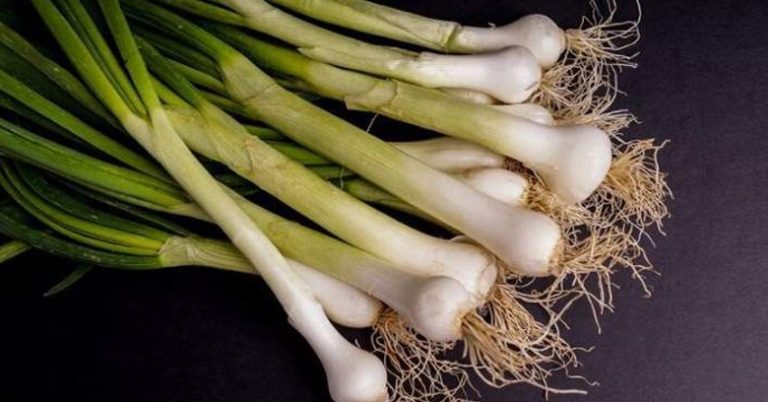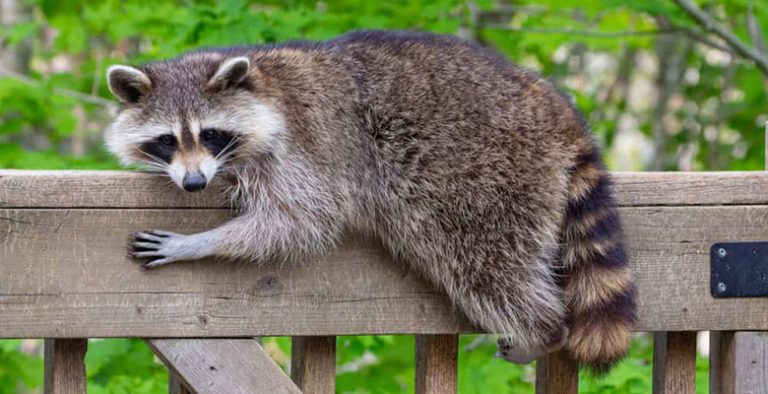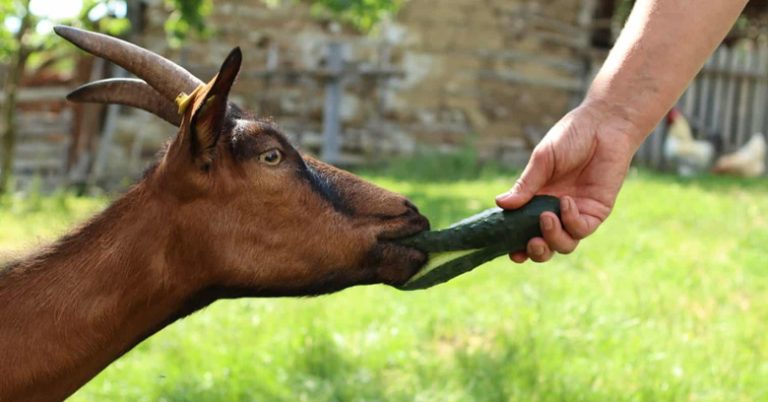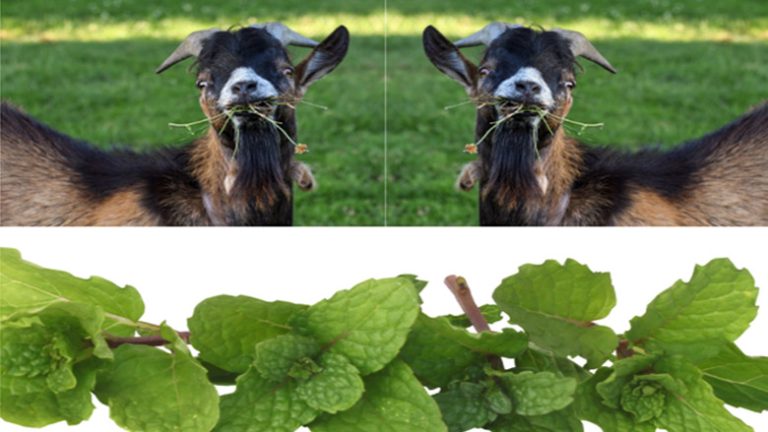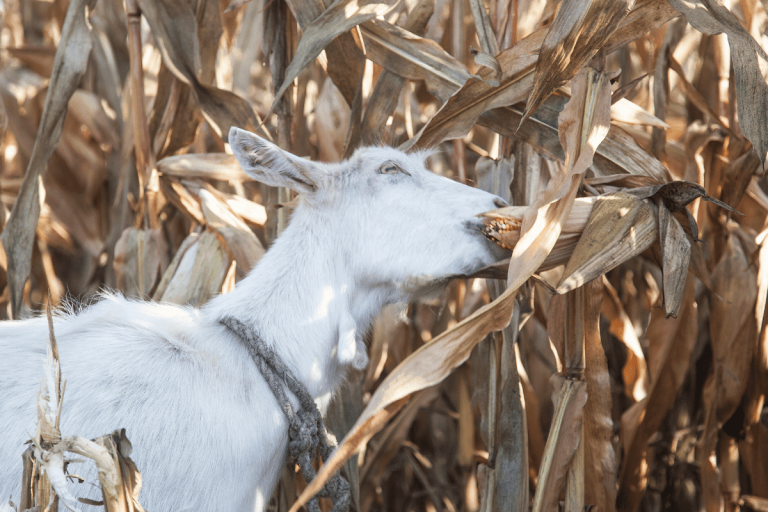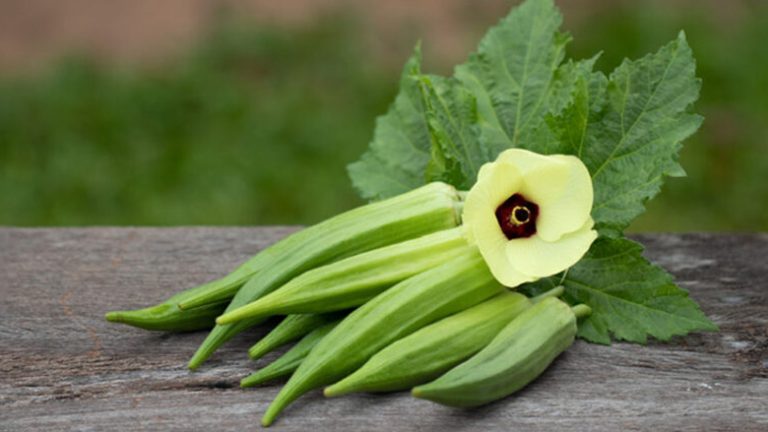Can Bunnies Have Raspberries [Answered & Explained]
Yes, bunnies can have raspberries, but in moderation to prevent gastrointestinal problems. Bunnies can safely consume raspberries as part of their diet, but it’s important to introduce them slowly and monitor their reaction.
Raspberries are a good source of vitamins and fiber for bunnies, but their sensitive digestive system can be easily upset. Offering a few small pieces at a time and observing their stool consistency is crucial to ensure they tolerate raspberries well.
If bunnies show any signs of digestive distress like diarrhea or bloating, it’s best to discontinue feeding them raspberries. Remember, moderation is key, and a varied diet with a mix of hay, fresh vegetables, and high-quality rabbit pellets is essential for your bunny’s overall health and well-being.
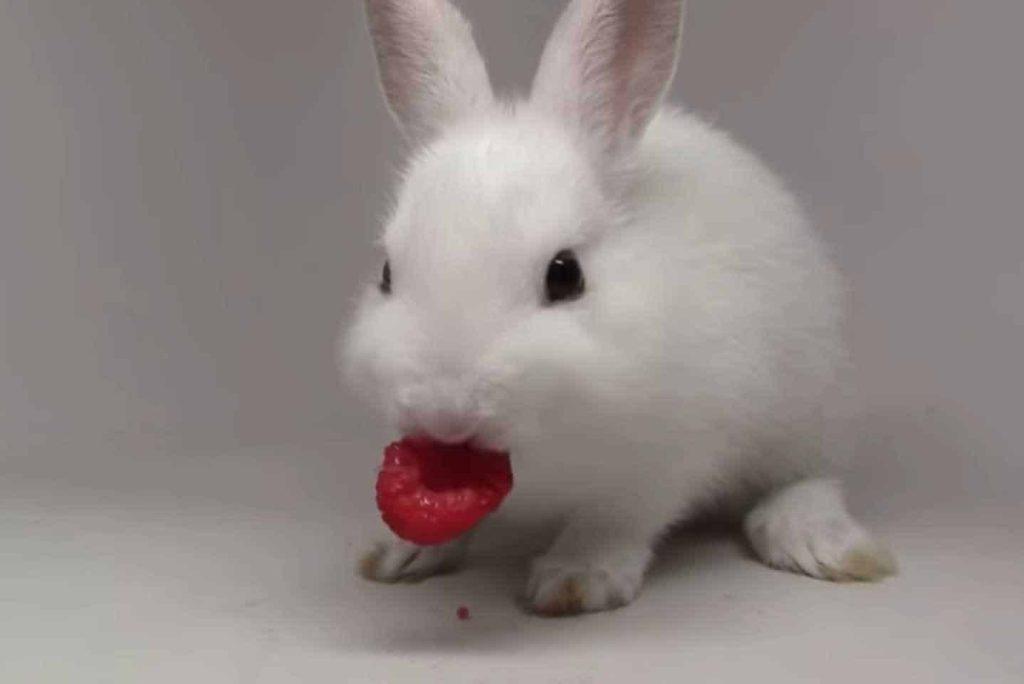
Benefits Of Raspberry Consumption For Bunnies
Raspberries are not only tasty, but they also offer several nutritional benefits for bunnies. Here are some key points to consider:
- High in fiber: Raspberries are a great source of dietary fiber, promoting a healthy digestive system for bunnies.
- Vitamins and minerals: These delicious berries are packed with essential vitamins such as vitamin C, vitamin K, and vitamin E. They also contain minerals like manganese and potassium, which are important for overall bunny health.
- Antioxidants: Raspberries are rich in antioxidants, which help fight against cell damage and support the bunny’s immune system.
- Hydration: Raspberries have a high water content, which can help keep bunnies hydrated, especially during warmer months.
How Raspberries Can Contribute To A Bunny’s Overall Health
Including raspberries in a bunny’s diet can have numerous positive effects on their overall health. Consider the following points:
- Supports weight management: Raspberries are low in calories and high in fiber, making them a suitable treat for bunnies on a weight management plan.
- Promotes dental health: The act of chewing on raspberries can help bunnies maintain good dental health by naturally wearing down their teeth.
- Boosts immune system: With their high antioxidant content, raspberries can contribute to a stronger immune system, helping bunnies fend off various illnesses.
- Provides mental stimulation: Introducing raspberries as a part of a bunny’s diet can offer mental stimulation, adding variety to their meals and preventing boredom.
Recommended Serving Size Of Raspberries For Bunnies
While raspberries offer numerous benefits for bunnies, it’s important to keep the serving size in mind. Here’s what you need to know:
- Moderation is key: As with any treat, raspberries should be given to bunnies in moderation. Too many raspberries may upset their digestive system or lead to weight gain.
- Start small: When introducing raspberries to a bunny’s diet, begin with a small amount to assess their tolerance. Monitor any potential digestive changes or allergic reactions.
- Recommended serving size: It is generally recommended to feed bunnies no more than one or two raspberries per day, depending on their size and weight.
Risks And Precautions Of Feeding Raspberries To Bunnies
Are you wondering if bunnies can indulge in the deliciousness of raspberries? While bunnies can have raspberries as a treat, it’s important to know the risks and take necessary precautions to ensure their well-being.
In this section, we will explore the potential digestive issues caused by raspberries, the importance of moderation when feeding raspberries to bunnies, and the importance of supervision and monitoring their reaction to this delightful fruit.
Potential Digestive Issues Caused By Raspberries
Feeding raspberries to bunnies may lead to potential digestive issues if not managed properly. Here are some key points to consider:
- High sugar content: Raspberries have a relatively high sugar content compared to other fruits, which can pose a risk to your bunny’s health if consumed excessively.
- Diarrhea: Excessive consumption of raspberries can cause digestive disturbances in bunnies, leading to diarrhea. It’s essential to be mindful of the quantity you offer, as sudden dietary changes can upset their sensitive digestive systems.
- Risk of choking: Raspberries contain small seeds that can present a choking hazard for bunnies. Make sure to remove the seeds or consider pureing the raspberries before feeding your furry friend.
Importance Of Moderation When Feeding Raspberries To Bunnies
When it comes to treating your bunny with raspberries, moderation is key. Here are some important points to remember:
- Limited portion sizes: Offer raspberries as an occasional treat rather than a significant part of their diet. Aim to provide a small portion, about the size of a raspberry or less, just once or twice a week.
- Balanced diet: Ensure that your bunny’s diet primarily consists of fresh hay, leafy greens, and high-quality rabbit pellets. Raspberries should only supplement their regular meals.
- Variety of treats: Rather than solely relying on raspberries, mix up your bunny’s treats to include other rabbit-safe fruits and vegetables. This way, you can provide a diverse range of nutrients without overloading on one specific food.
Supervision And Monitoring Of Bunny’s Reaction To Raspberries
Each bunny is unique, and their reaction to raspberries may vary. Here’s what you need to keep in mind:
- Introduce gradually: When introducing raspberries to your bunny’s diet, start with a small amount and observe their reaction. Any signs of discomfort or digestive issues should be taken seriously.
- Monitor for allergies: Some bunnies may have allergies or sensitivities to certain foods. Watch for any signs of allergic reactions, such as itching, swelling, or difficulty breathing. If these symptoms occur, consult a veterinarian immediately.
- Regular check-ups: Regular visits to the veterinarian are essential to ensure your bunny’s overall health and well-being. Discuss their diet and any concerns you may have about feeding raspberries during these check-ups.
Alternatives And Safe Treats For Bunnies
Bunnies make adorable and beloved pets, and just like any pet, they deserve treats! While it’s important to ensure that the treats we give our furry friends are safe and beneficial for their health, it’s natural to wonder about alternatives to the common treats we find in stores.
So, can bunnies have raspberries? Let’s delve into some other fruits and vegetables that can be fed to bunnies, recommended treats specifically formulated for bunnies, and some tips for introducing new treats to a bunny’s diet.
Other Fruits And Vegetables That Can Be Fed To Bunnies
When it comes to feeding your bunny a variety of fruits and vegetables, it’s important to keep in mind that not all options are safe for them. However, there are several alternatives that you can safely offer as treats:
- Carrots: These crunchy and sweet delights are a favorite among bunnies and a great source of essential nutrients.
- Apples: Slice up some apples into bunny-sized pieces, making sure to remove the seeds and core, and watch them nibble away.
- Blueberries: These tiny bursts of sweetness are high in antioxidants and add a splash of color to your bunny’s treat. Ensure you feed them in moderation.
- Leafy greens: Bunnies love munching on greens like spinach, kale, and parsley. These provide important vitamins and minerals for their overall well-being.
Recommended Treats Specifically Formulated For Bunnies
If you’re looking for specialized treats that are designed with your bunny’s health in mind, consider these options:
- Timothy hay-based treats: These treats are not only tasty but also help maintain your bunny’s dental health. They are rich in fiber, which aids in digestion.
- Dried fruit treats: Specifically made for bunnies, these treats offer a concentrated burst of flavor without any added sugars or harmful ingredients.
- Herbal treats: Bunny-safe herbs like chamomile, lavender, and rosemary can be incorporated into treats to enhance their flavor and provide a unique snacking experience.
Tips For Introducing New Treats To A Bunny’s Diet
Introducing new treats into your bunny’s diet should be done gradually to avoid any digestive upsets. Here are a few tips to ensure a smooth transition:
- Start by offering small amounts of the new treat, mixed in with their usual food.
- Monitor their reaction and look for any signs of tummy upset or allergies.
- If they enjoy the treat and tolerate it well, gradually increase the portion size over time.
- Always provide fresh water alongside treats, as hydration is essential for your bunny’s overall health.
Frequently Asked Questions and Answers – FAQs
Are Raspberries Healthy For Bunnies?
Yes, raspberries are a healthy treat for bunnies. They are packed with vitamins and antioxidants that can support your bunny’s overall health. However, remember to feed raspberries in moderation as too much can upset their digestive system.
How Should I Feed Raspberries To My Bunny?
When feeding raspberries to your bunny, make sure to wash them thoroughly and remove any leaves or stems. Cut the raspberries into small pieces to prevent choking and give them as an occasional treat. Always monitor your bunny’s reaction and consult a veterinarian if any issues arise.
How many raspberries can I give my bunny?
It’s best to offer only a few raspberries at a time, 1-2 times per week. Too many raspberries can lead to digestive issues in rabbits.
Can rabbits eat the leaves or stems of raspberries?
No, it’s not safe for bunnies to consume raspberry leaves or stems. Stick to giving them the ripe fruit in small quantities.
What are the risks of feeding raspberries to rabbits?
Overfeeding raspberries can cause gastrointestinal problems in rabbits due to their high sugar content. Introduce new foods slowly and watch for any adverse reactions.
Can baby bunnies eat raspberries?
Baby bunnies should not be given raspberries until they are older and have started eating solid foods. Consult a veterinarian for appropriate feeding guidelines.
How should raspberries be prepared for bunnies?
Rinse raspberries thoroughly to remove any pesticides or contaminants before offering them to your bunny. Remove any spoiled or moldy parts.
Conclusion
It is important to consider the potential risks and benefits before feeding bunnies raspberries. While raspberries are generally safe and nutritious for bunnies to consume in moderation, it is crucial to introduce new foods to their diet gradually and monitor their reaction.
Remember to thoroughly wash raspberries to remove any pesticides or harmful residues before offering them to your furry friend. Additionally, it is important to be aware of any potential allergies or sensitivities that your bunny may have to raspberries or other foods.
Always consult with a veterinarian if you have any concerns or questions about your bunny’s diet. By providing a balanced and varied diet, along with appropriate portion sizes, you can help ensure your bunny’s overall health and well-being.
